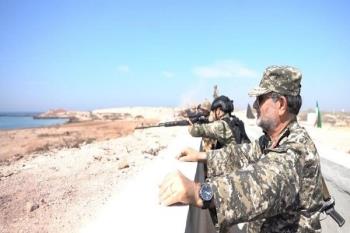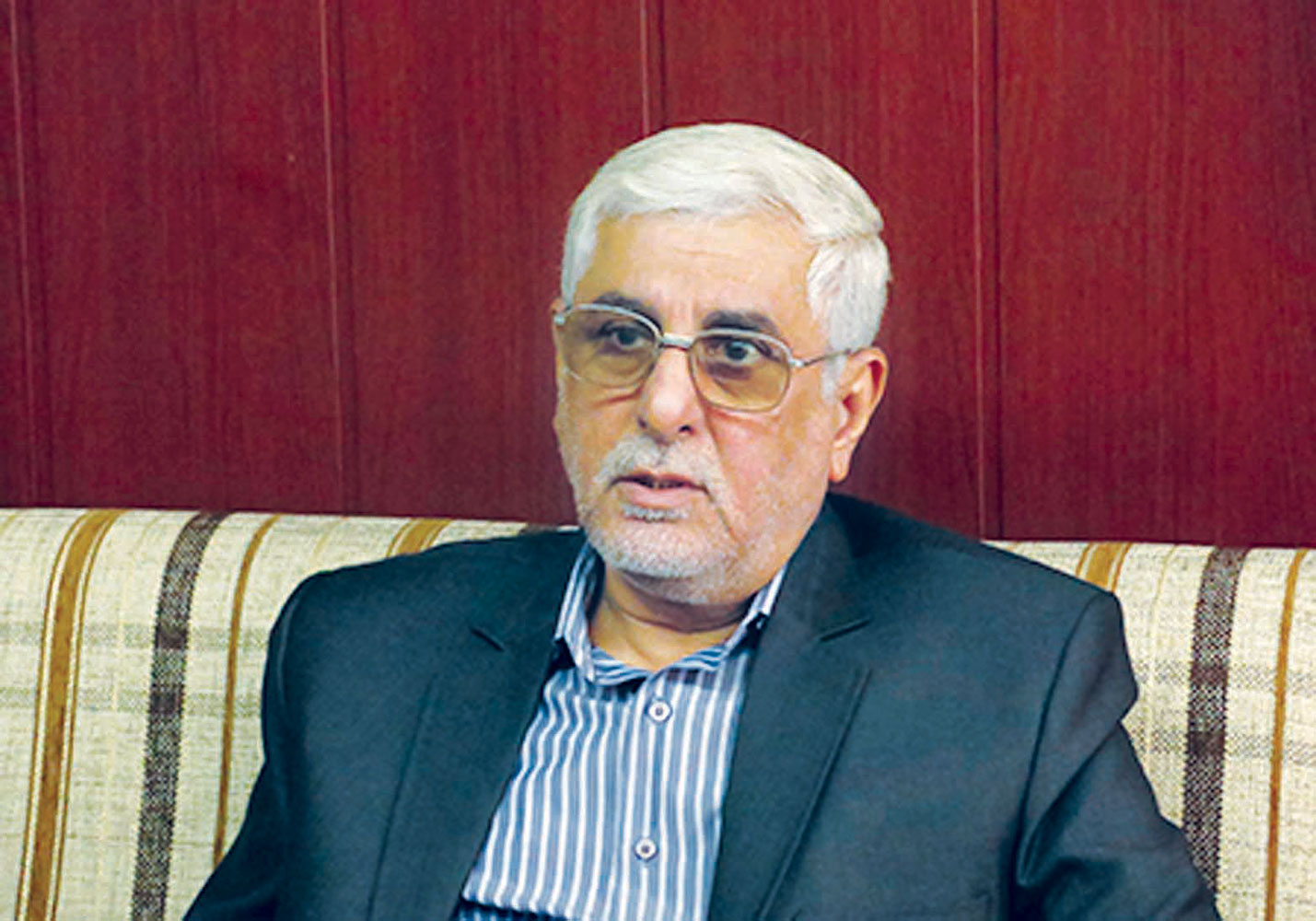Alwaght- The Turkish military presence in Iraq is one of the issues that beside the withdrawal of the American forces from the county has been the focus of the Iraqi media and the public. Under the excuse of fighting the PKK terrorist group, the Turkish government has repeatedly launched air and ground attacks in the Iraqi territories. The operations have so far drawn condemnation from the Iraqi officials who even referred the case to the international organizations.
Iraq's representative to the UN formally complained at a Security Council meeting last Thursday about the Turkish military presence on the Iraqi soil. In addition to legal actions, a large number of Iraqi forces are seeking armed resistance to the ongoing Turkish occupation of the northern part of the country. Even in recent months, there were attacks by Iraqi resistance groups against Turkish military positions, the most recent of which is a drone strike on Sunday on Turkish troops at the Bashiqa military camp.
To shed light on the status of Turkish military presence in Iraq, Alwaght talked to the regional affairs expert Hassan Hanizadeh.
Turkish expansionist goals in Iraq
Asked about the reason about the repeated Turkish attacks in Iraq, Mr Hanizadeh said that since assumption of power by ruling Justice and Development Party (AKP), Turkey adopted an expansionist strategy in Iraq. Recep Tayyip Erdogan's neo-Ottomanist mindset, reflected in his efforts to expand Turkey's borders and sovereignty to the former Ottoman Empire, shows that Ankara has a expansionist agenda. In recent years, the Turkish army has launched incursions into Iraq under the pretext of confronting the PKK. This is at a time when the Kurdistan region's government has always been at loggerheads with PKK forces and has not cooperated with the group in conducting operations from Iraqi territory against Turkey. In the current situation, a large part of Iraq's Duhok province is under the control of the Turkish army, and at the same time, Ankara is actively intervening in the Kurdish region. At the very least, Erdogan seeks to increase his influence in Iraq and increase pressure on Baghdad by using the pretext of terrorism. However, Turkey's main approach is based on concluding an expansionist agenda in Iraq.
PKK presence cannot justify Turkish incursions
Holding that there is no agreement between Baghdad and Ankara about Turkish army dispatch to Iraqi territories, the regional affairs expert suggested that the presence of the PKK in Qandil Mountains in northern Iraq cannot grant Turkey a permit for its military intervention.
"Essentially, if the Turkish government has problems, it should discuss them with the central Iraqi government. Military deployment is apparently violating the national Iraqi sovereignty. Actually, the repeated operations in northern Iraq tell of Turkish goals beyond fighting terrorism. Iraq now should focus on forcing Turkey out of its territory and ending violation of its sovereignty."
Turkish NATO membership reason why Iraqi complaints go nowhere
Asked what restrictions the Iraqi complaints with the international organizations can bring to the Turkish operations, Mr Hanizadeh responded that the Iraqi government has repeatedly complained about Turkey's operations, but has received less attention because of Ankara immunity with Western countries, especially the US. So far, the Iraqi government has not been able to arrange a resolution or even a statement against the aggression and occupation of Turkey through the Security Council.
"Nevertheless, although these efforts have failed so far due to Turkey's membership in NATO, they could finally bear fruits."
Barzanis' prompting role in Turkish occupationisn in Iraq
Mr Hanizadeh pointed to the role of the friendly relationship between the Barzanis, a family dominant in Erbil and Kurdish government, and Ankara and Barzanis' differences with the PKK in Turkish military presence in northern Iraq.
"It is noteworthy that the Barzani family has great personal interests in its relations with Ankara. They export tens of thousands of barrels of oil a day to Turkey and a large portion of the revenue goes to their personal accounts. Also, by giving the green light to Turkey's attacks, they are somehow seeking to settle scores with their rival the PKK. Thus, it can be said that Barzani's party Kurdistan Democratic Party (KDP) has played a key role in enabling the Turkish occupation of northern Iraq."
The secret behind US silence and passivity to Turkish Iraq incursions
Alwaght asked about the reason behind the US turning a blind eye to Turkish military actions in Iraq. Mr Hanizadeh said that despite end of the US withdrawal deadline, still part of the American forces are positioned in the autonomous region and central Iraq. This may explain silence to the Turkish operations and demonstrates that they have interwoven interests with Turkey.
Growing resistance to Turkey's violations
Any operations by the Iraqi forces against the Turkish occupation, according to Mr Hanizadeh, require an authorization from the central government. Still, some factions have formed resistance circles in response to public demands. The recent attacks on the Turkish troops highlight the existence of public resistance to Turkish incursions. Certainly, this resistance will broaden in the near future, and on the long run, Turkey will sustain great losses.



























